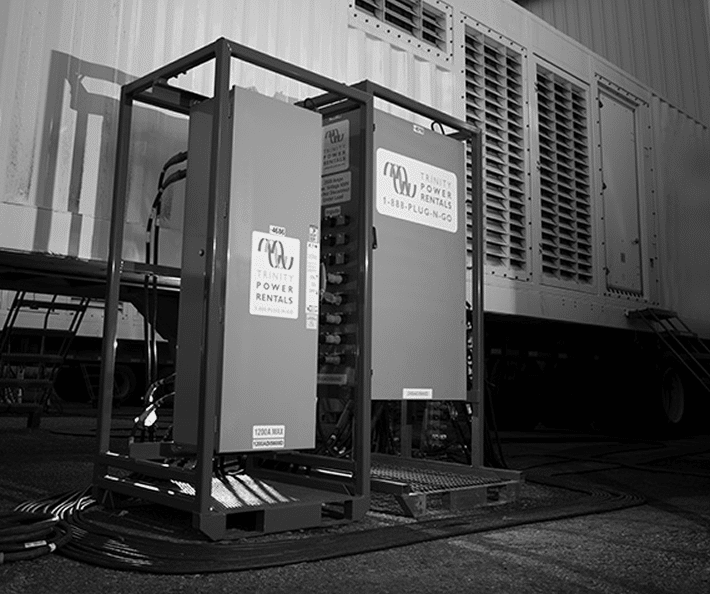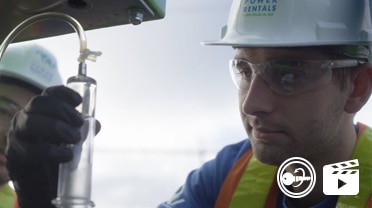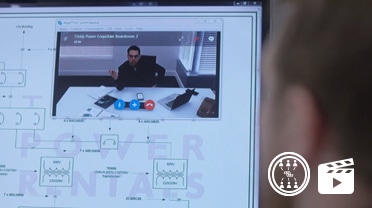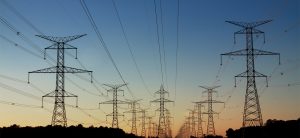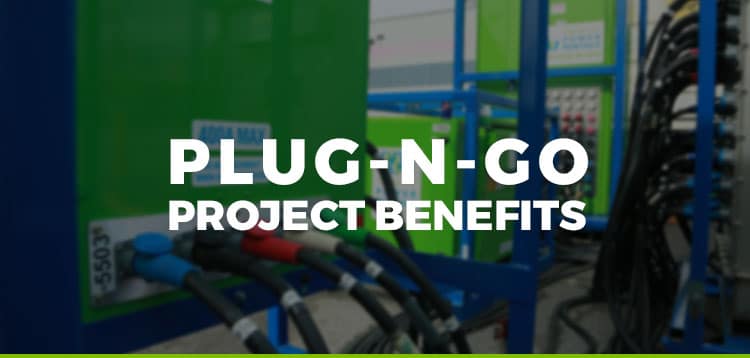- OUR APPROACH
-
COMMITTED TO YOUR SUCCESS
Our approach, developed over decades of experience, is fine-tuned to get the results you want.
We deliver concept-to-completion solutions, designed by temporary power specialists with access to the largest inventory of high-quality power generation and distribution equipment in North America.
-
- Equipment
-
RENTALS
From a wide range of diesel and natural gas generators to transformers, cable, light towers and more, our large rental fleet and extensive vendor network ensure we’ll have the temporary power equipment that your project requires — every time.
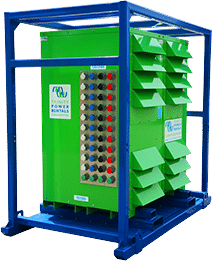
-
- Industries
-
INDUSTRIES WE SERVE
For nearly 20 years, we have been at work powering projects across Canada’s industrial sectors.
Select from this sampling of industries to learn how we can put our expertise to work for you.
VIEW ALL- Projects
- About
-
A PROUD HISTORY. A BRIGHT FUTURE.
From our inception in 1998, we have been building our team on a foundation of excellence. Our team members’ passion, expertise and commitment are what have allowed us to grow into a national company with projects across Canada.
Click on the links to learn more about our history, our team or our career opportunities.
- Blog
- Contact
-
When natural resources are your business, as they are for mining and oil and gas companies, you don’t have much choice where to base your operations – you need to be where the resources are located. Rarely, though, do such locations coincide with Western Canada’s power-transmission grid. This means plant owners and managers often need to import their own energy to power both their production facilities and the camps to house long-term workers. This effort comes with a choice: make a significant capital investment in generator sets, substations and other equipment; or rent it, instead, and leave the headaches involved to someone else.
Of course every facility has its own unique logistical and financial requirements to weigh in the decision process. But, in a number of situations, renting simply makes more sense:
- When storage is an issue. Substations, generators and other large electrical equipment might not always needed 24/7 – and in Canada’s often severe climate, protecting such a big capital investment can be a challenge, requiring multiple construction projects to ensure equipment is safely housed, while remaining easily accessible when it’s needed. Renting it, instead, can ensure electrical systems are onsite when you need them, and out of the way when you don’t.
- When staffing is tight. Finding, hiring and keeping workers trained with the skills needed to safely connect, operate and maintain vital electrical systems can be a challenge in any location, and it’s only more difficult in remote locations. Many rental companies also can provide the skilled personnel needed to keep their equipment running, helping you address two vital concerns with a single supplier.
- When lead times are short. When existing machinery breaks down, or an opportunity to expand operations suddenly appears, you probably won’t have the weeks or months needed to get new equipment or systems ordered and delivered to the jobsite. Rental suppliers have inventory on-hand to meet your needs today, so you won’t have to worry about unnecessary – and expensive – downtime.
- When installed equipment needs servicing. Regular maintenance is essential to ensure your capital equipment investments continue to pay off, but that doesn’t mean you can afford downtime while generators and other devices get the service they need to keep running smoothly. With short-term equipment rental as an option, you can schedule required outages without worrying you’re putting production at risk. And, should an unexpected repair need pop up during inspection, rental agreements can be extended to allow the time needed to address the problem.
- When your needs might shift. Energy markets can be fickle, and producers often must ramp their production up or down to meet changing demand. Renting can allow you to more profitably scale your operation to market needs and help minimize the risk that you’ll be left standing with stranded assets should the market suddenly shift downward.
These are only five of the possibly dozens of scenarios in which renting power equipment makes more sense than buying it. Speaking with a qualified rental dealer about your current or upcoming equipment needs is the best way to understand which approach is best for your specific needs.
Trinity Power would be happy to help you evaluate your temporary power needs, for both equipment and operating staff. Give us a call at 1-888-758-4646, or send us an email. We have the equipment and personnel on hand to meet your needs today.
Written by Chuck Ross: Chuck is a freelance writer who has cover energy- and building-technology issues for more than 25 years.
Related Articles
Subscribe for Access to Exclusive Content
Get insider updates, industry news, special equipment offers, and expert tips—directly to your inbox.
"*" indicates required fields
